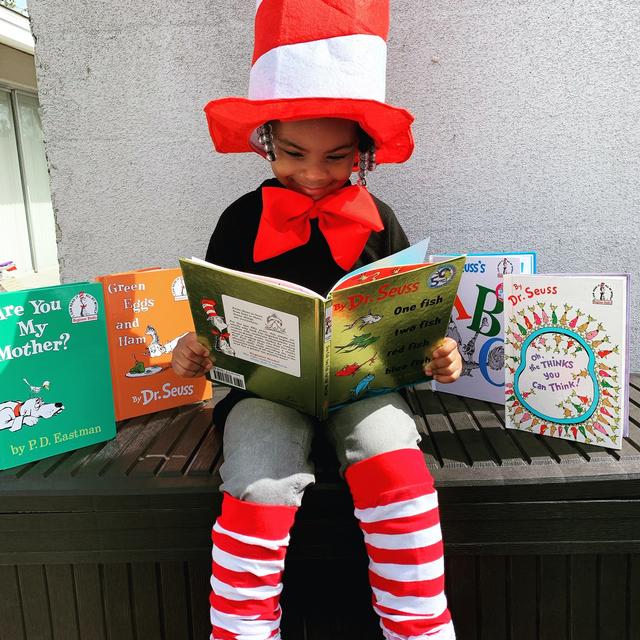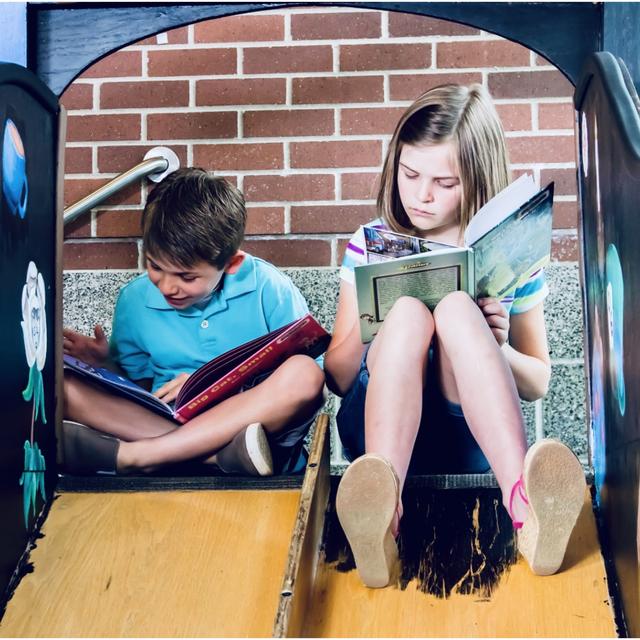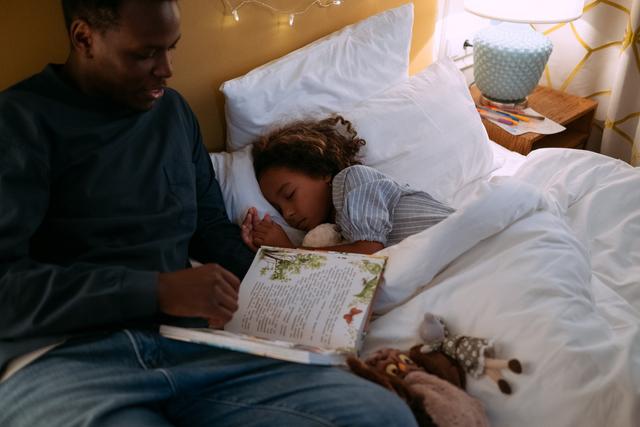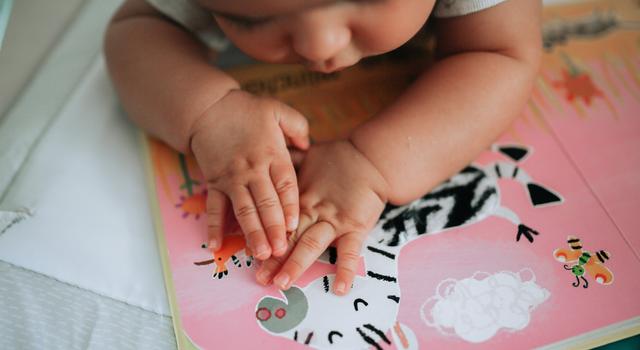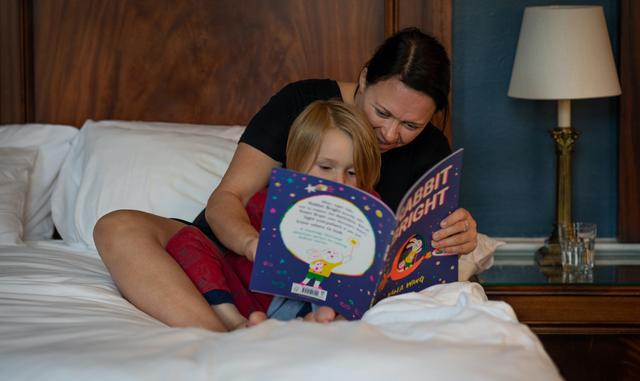Story Time Articles
Story Time For Kids In The UK
Story Time in the UK has long stood as a cornerstone of cultural and educational traditions, offering children a platform to delve into the realms of imagination through the power of storytelling. Historically rooted in the community and educational settings, Story Time has evolved from its medieval origins, where tales were used primarily for moral instruction, to become a vital educational tool in encouraging literacy and a life-long love for reading.
In the UK, the evolution of Story Time has been remarkable. From the ancient storytelling by monks and nuns through the Middle Ages, it transitioned into more structured sessions in schools and libraries during the 19th and 20th centuries. This pivotal shift was driven by the broader educational reform movements of the time, which recognised the importance of literacy in personal and societal growth. By integrating storytelling into the educational curriculum, children were not just entertained but were subtly steered towards linguistic fluency, cultural awareness, and critical thinking skills.
Today, Story Time sessions are a staple in libraries, schools, and community centres across the UK. These sessions are meticulously tailored to captivate young minds, fostering an early affection for stories that span various genres and cultures. Libraries and literary coordinators work tirelessly to ensure that these story sessions are inclusive, engaging, and continually updated to reflect the diverse society of modern Britain.
In this digital age, the tradition of Story Time has also embraced technology, with many sessions available online to reach a broader audience. This ensures that even those unable to attend in person can experience the joy and benefits of hearing stories read aloud. Despite these technological advances, the essence of Story Time remains the gathering of children, eager to hear the next story, demonstrating the timeless nature of storytelling and its power to nurture community and shared human experience.
The Benefits of Story Time
Participating in Story Time has profound health benefits for children. Firstly, it fosters improved language skills by exposing kids to an array of vocabulary, helping them learn new words in meaningful contexts. This verbal engagement also boosts their capacity for understanding and using language effectively. Beyond words, Story Time ignites a child's imagination, inviting them into worlds where creativity knows no bounds, enhancing their cognitive flexibility and ability to think creatively.
From a literacy standpoint, children who regularly engage with stories read aloud can develop better reading skills and fluency. This early exposure plays a critical role in their academic achievements and long-term educational outcomes. Moreover, Story Time is pivotal for emotional development as it introduces young listeners to various emotions and perspectives, nurturing empathy and emotional intelligence.
Additionally, the social environment of Story Time helps children refine their interpersonal skills. Participating in group sessions encourages them to interact, communicate, and collaborate with peers, vital skills that are beneficial throughout life. Through the magic of narratives, children not only learn about the world around them but also about understanding and connecting with others, thereby enhancing their social and emotional health.
FAQs
Q1: At what age can children start participating in Story Time in the UK?
A: Children can start attending Story Time sessions from as young as a few months old. There are specially designed sessions for different age groups including toddlers, ensuring that the stories and activities are age-appropriate and engaging.
Q2: How can Story Time sessions benefit my child's development?
A: Story Time sessions aid in multiple aspects of a child's development. They help improve language skills through exposure to new vocabulary, enhance imagination by introducing different characters and environments, and promote emotional and social development by allowing children to express feelings and interact with peers.
Q3: Are there Story Time sessions available throughout the UK?
A: Yes, Story Time sessions are widely available throughout the UK. They are commonly held in libraries, schools, and community centres. Additionally, many bookstores and some cultural institutions like museums also organise these sessions regularly.
Q4: What are some tips to make the most out of Story Time sessions?
A: To maximise the benefits of Story Time, encourage your child to ask questions and express their thoughts about the story. Participate actively by discussing the story's elements like characters, setting, and plot. Also, continue the story experience at home by reading related books or doing themed activities.
Q5: Can Story Time sessions help my child if they have difficulty reading or are not yet interested in books?
A: Absolutely, Story Time sessions are a fantastic way to ignite an interest in books for children who show less interest in reading or face challenges. The interactive and lively format of Story Time makes the literary content appealing and can significantly increase a child's motivation to read and learn.

